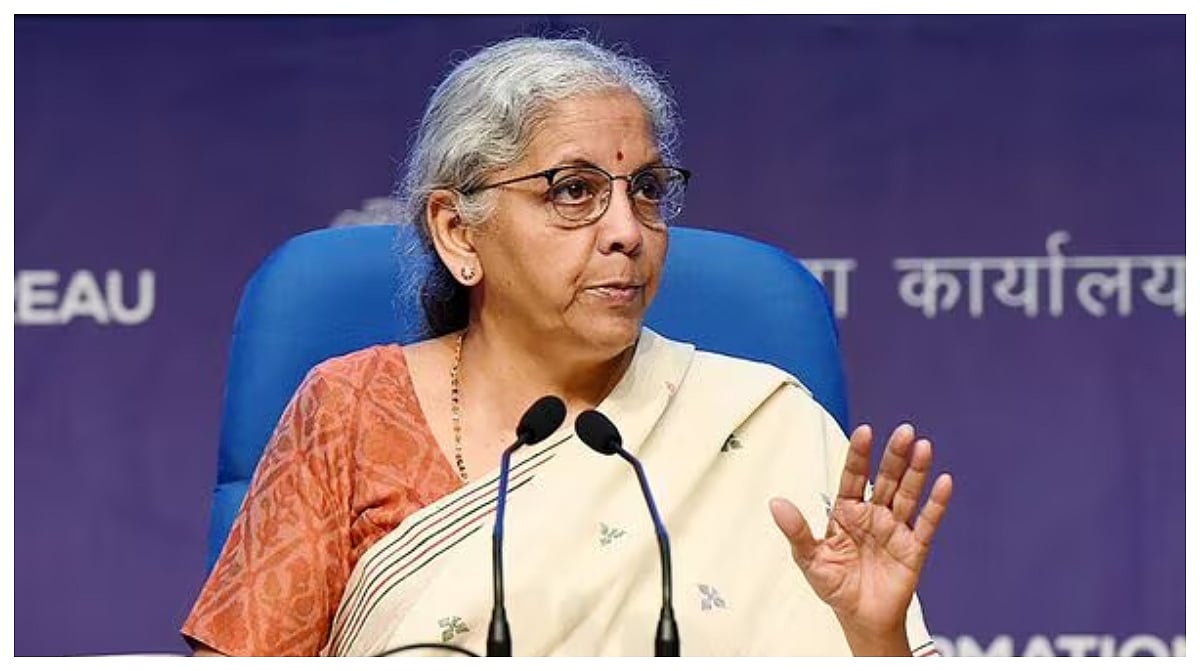'Money cannot buy happiness'. This is the quote everyone, irrespective of whether they are 'rich' or 'poor', has encountered in their lives at perhaps some of the most crucial moments of their lives. But according to a report from the BBC, a study seems to suggest something on the contrary.
Saving Money to Sleep Better
This study that was conducted in the United Kingdom suggests that saving small amounts of money can help improve one's sleep.
According to a study conducted by Bristol University, saving some amount of money, by the end of a month, no matter how small or big can relax people, by arming them with a certain level of optimism for their future prospects.

The act of saving in this study brought about the same level of satisfaction in individuals who were a part of the survey, irrespective of their economic background, whether they were deemed rich or poor. |
The act of saving in this study brought about the same level of satisfaction in individuals who were a part of the survey, irrespective of their economic background, whether they were deemed rich or poor.
In addition, this study also took into consideration various factors including one tracking the savings of thousands of individuals over a 10-year period. Apart from the said satisfaction to saving, the study also showed a sense of dissatisfaction, when they don't end up saving any money at the end of the money.
The Struggling British Prospects
This study comes in the background of the larger and tighter economic circumstances that not just the general public in the United Kingdom, but many other parts of the world including continental Europe and East Asia have been facing over the past few years, ever since the end of the pandemic and ever since the start of many global events of devasting consequences (Russia's Ukraine Invasion and Conflict in Gaza).

Inflation has hit many shrinking their fiscal space and reducing their purchasing power significantly. In addition, the steady and high interest rate across the board has further tightened the screws on the spender. | Representational Image/Pixabay
Inflation has hit many shrinking their fiscal space and reducing their purchasing power significantly.
In addition, the steady and high interest rate across the board has further tightened the screws on the spender.

If we were to lay emphasis particularly on the United Kingdom, the last 10 years has seen the country in confine of the David Cameron-Era austerity measures, which was followed by Brexit and the chaos that was inflicted on the economy and the pockets of commoners. |

If we were to lay emphasis, particularly on the United Kingdom, the last 10 years has seen the country in confine of the David Cameron-Era austerity measures, which was followed by Brexit and the chaos that was inflicted on the economy and the pockets of commoners.
In what was like final nail in the coffin, the Covid pandemic drowned the fiscal rectitude of many, including the UK.
Then, as series of political and economic missteps under the conservative government further exacerbated the situation.
This orientation of the larger British landscape could somewhere answer the results of this study from the Bristol University.
.png?width=1200)








